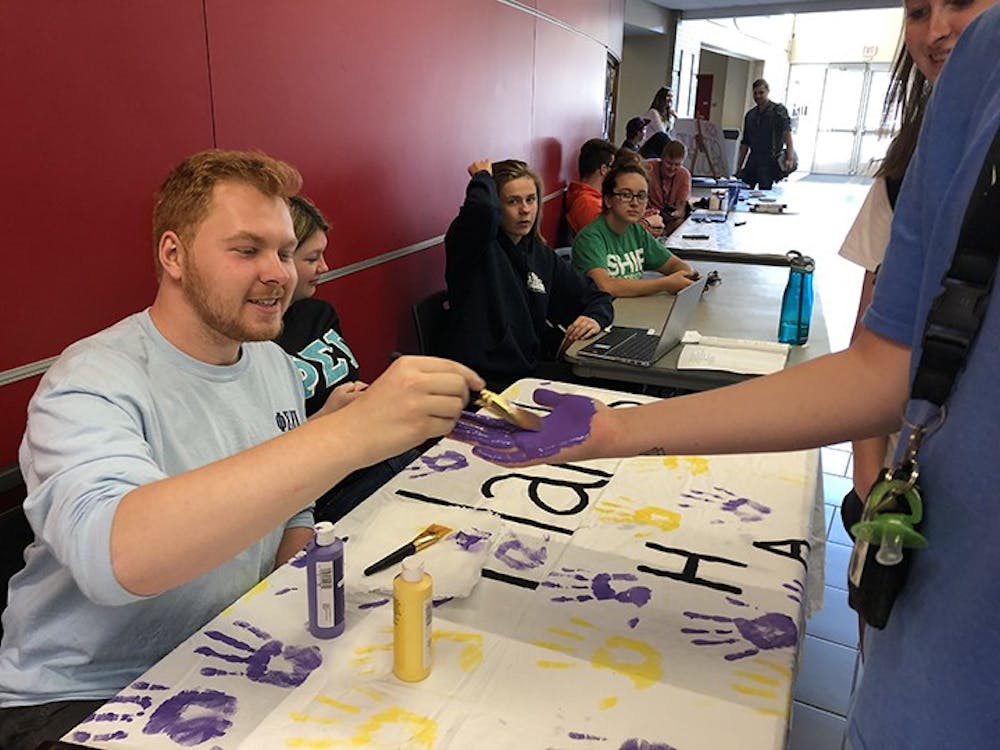Hazing Prevention Week calls for a change in the culture of Greek life on campus and at thousands of universities nationwide.
Shippensburg University’s Anti-Hazing policy prohibits any form of hazing in organizations acknowledged by the university.
The student handbook first describes hazing as “an action or situation, taking place on or off campus, that: Recklessly, intentionally or unintentionally endangers the physical health, mental health, safety or dignity of a person.”
A study conducted by the University of Dayton found that over 55% of college students experience hazing.
The study also said those who experience hazing may not report it because they feel there is no one to tell or that reporting it will not be effective.
Last week SU held Hazing Prevention Week, organized by the new Hazing Prevention Working group with help from the Office of Fraternity and Sorority Life.
This year’s Hazing Prevention Week had several engaging events in which students, faculty and staff could participate. Kyle Miller, director of fraternity and sorority life, said approximately 400 people participated in the various events held throughout the week.
Monday through Thursday, a table was set up in the Ceddia Union Building at which students could sign a banner pledging to help prevent hazing.

Faculty and staff members met in the Ezra Lehman Memorial Library for a presentation about the basics of hazing on Monday and Thursday evening.
Kathleen Shupenko, associate director for the office of student conduct at Penn State University, addressed a full Grove Forum Wednesday evening on how students can help prevent hazing.
Most of the students attending were members of SU’s Greek life community, proudly wearing their letters.
Shupenko highlighted the importance of being able to see the signs of hazing and how it happens over a long time. Shupenko said the steps of action to take to prevent hazing are “Noticing, checking in and saying something.”
Shupenko encouraged students to check in with their friends who were involved in Greek life if they felt something was off.
Saying something while the problem is still small, Shupenko explained, can stop hazing from developing into a large incident.
In all the cases she has dealt with, Shupenko shared that it was a series of small events where hazing took place before incidents that caused damage happened.
Miller echoed Shupenko, adding that the most important thing that can be done to prevent hazing is being able to identify the behavior.
“People [need] to be able to identify hazing behavior that either they have experienced or their friends have experienced and then know how to properly report it,” he said.
The goal of Hazing Prevention Week is to educate people on the dangers of hazing and on the importance of confronting it.
Activities throughout the week emphasized that not only can Greek life members help create a culture on campus that is hazing-free, but so can other students, faculty and staff.
Miller said Hazing Prevention Week programming was spearheaded by the new Hazing Prevention Working Group at SU, which is comprised of students, faculty and staff across the campus community.
SU’s Antihazing Policy and online reporting form can be found at ship.edu/student_conduct.



The Slate welcomes thoughtful discussion on all of our stories, but please keep comments civil and on-topic. Read our full guidelines here.